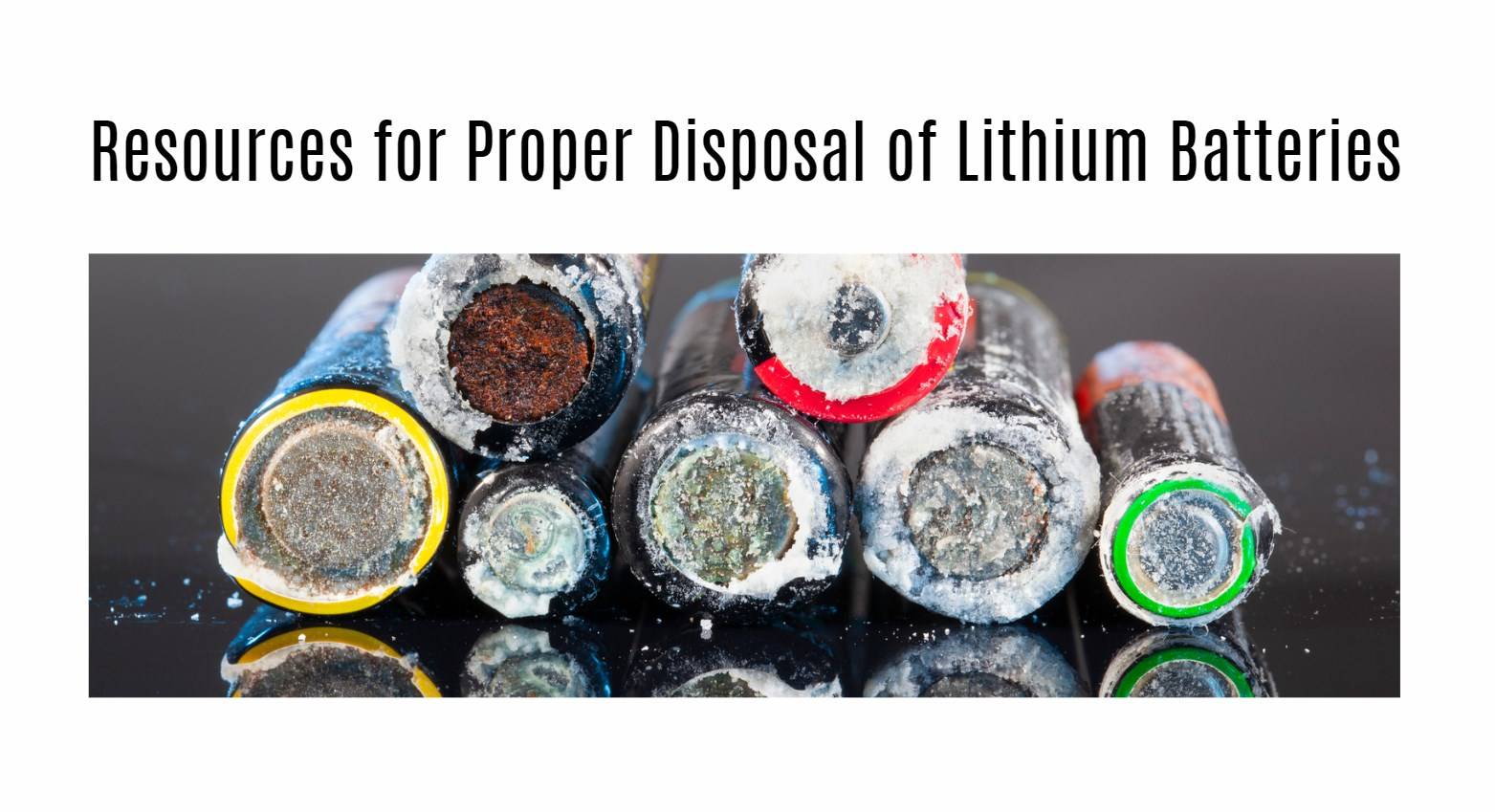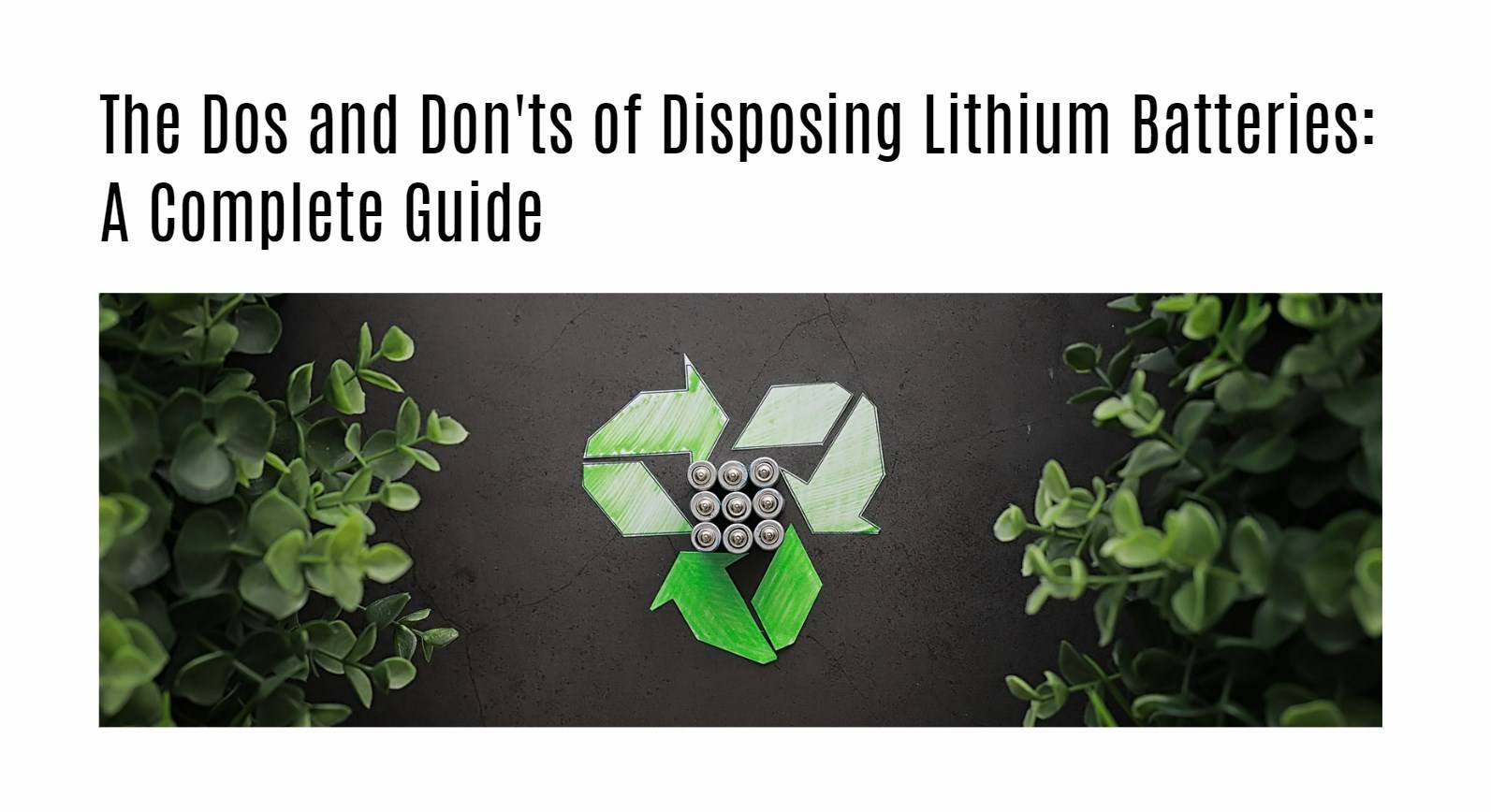Table of Contents
ToggleWhat Are the Risks of Improper Disposal of Lithium Batteries?
Improper disposal of lithium batteries poses significant risks, including fire hazards and environmental contamination; when batteries are discarded in regular trash or recycling bins, they can short-circuit, overheat, or leak hazardous materials, leading to fires or toxic exposure.Chart: Risks Associated with Improper Battery Disposal
| Risk | Description |
|---|---|
| Fire Hazards | Short-circuiting can ignite fires |
| Toxic Leakage | Harmful chemicals can contaminate soil and water |
| Safety Risks | Poses dangers to waste management workers |
How Should You Prepare Batteries for Safe Disposal?
To prepare lithium batteries for safe disposal:
- Tape Terminals: Cover battery terminals with non-conductive tape to prevent short-circuiting.
- Store Safely: Keep batteries in a cool, dry place until you can dispose of them.
- Check Local Guidelines: Follow manufacturer instructions and local regulations for disposal.
Chart: Preparation Steps for Safe Battery Disposal
| Step | Action |
|---|---|
| Tape Terminals | Use electrical tape or masking tape |
| Store in Controlled Environment | Keep away from heat sources |
| Research Local Guidelines | Check with local waste management authorities |
Where Can You Recycle Lithium-Ion Batteries Effectively?
Lithium-ion batteries can be recycled at designated facilities that specialize in battery recycling; many electronics retailers, community recycling events, and hazardous waste collection sites accept these batteries to ensure safe handling and processing.Chart: Recycling Options for Lithium-Ion Batteries
| Location | Description |
|---|---|
| Retailers | Many stores offer drop-off programs |
| Community Events | Local recycling drives may accept batteries |
| Hazardous Waste Facilities | Specifically designed to handle hazardous materials |
How Do Different Types of Lithium Batteries Affect Disposal Methods?
Different types of lithium batteries may require specific disposal methods; for example, lithium-ion batteries used in consumer electronics may be accepted at retail locations, while larger lithium polymer or lithium titanate batteries may need specialized recycling processes.Chart: Types of Lithium Batteries and Their Disposal Methods
| Battery Type | Recommended Disposal Method |
|---|---|
| Lithium-Ion | Retail drop-off or recycling centers |
| Lithium Polymer | Specialized recycling facilities |
| Lithium Titanate | Contact manufacturers or certified recyclers |
What Should You Know About Local Regulations for Battery Disposal?
Local regulations often dictate how lithium batteries must be disposed of; it is crucial to familiarize yourself with these laws to avoid fines and ensure safe practices; many areas classify lithium batteries as hazardous waste.Chart: Common Local Regulations
| Regulation | Description |
|---|---|
| Universal Waste Guidelines | Many areas classify lithium batteries as universal waste |
| Hazardous Waste Collection | Requires specific disposal methods |
| Manufacturer Take-Back Programs | Some manufacturers offer return programs |
How Can Consumers Advocate for Better Recycling Programs?
Consumers can advocate for better recycling programs by:
- Contacting Local Officials: Encourage local governments to implement battery recycling initiatives.
- Participating in Community Events: Engage in local clean-up days or educational workshops.
- Supporting Legislation: Advocate for laws that promote battery recycling and proper disposal.
Expert Views
“Proper disposal of lithium batteries is not just a matter of compliance; it is essential for protecting our environment and ensuring public safety,” states Dr. Jane Doe, an expert in environmental science.
FAQ Section
- What should I do if my lithium battery is damaged?
Contact a local hazardous waste facility for guidance on safe disposal. - Can I throw lithium batteries in the regular trash?
No, never dispose of lithium batteries in regular trash due to fire risks. - Where can I find a recycling center near me?
Check with local electronics retailers or municipal waste management websites for nearby recycling options.




